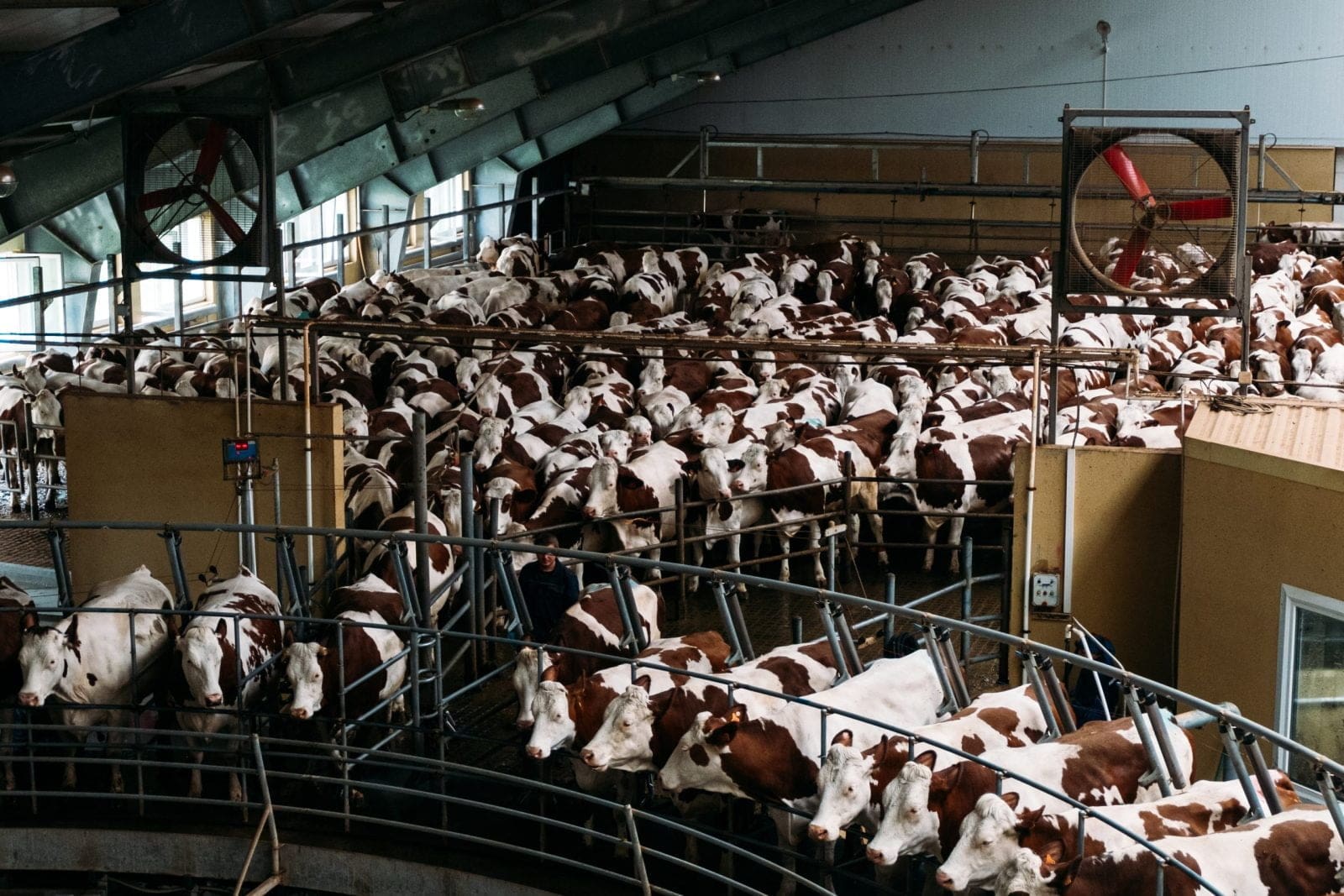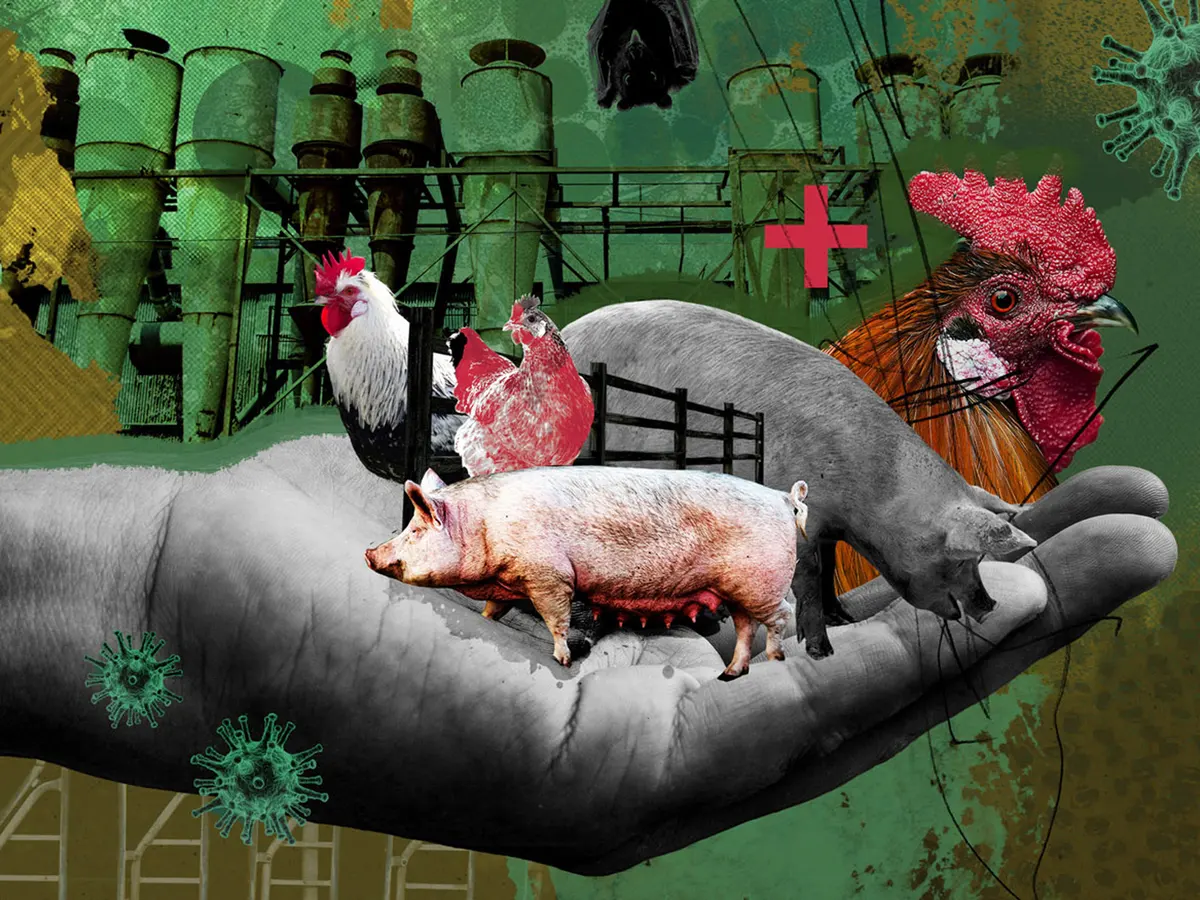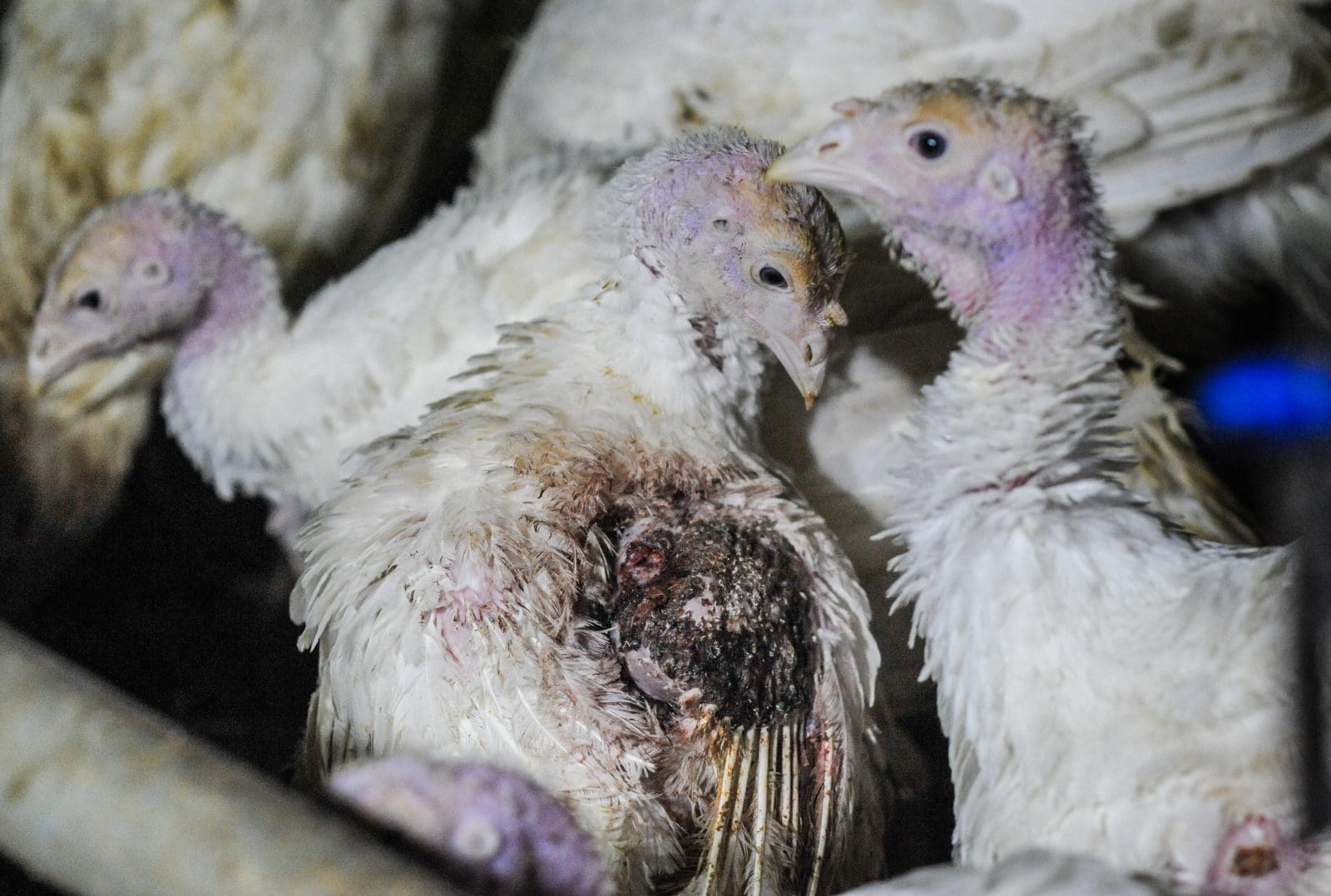This category investigates the human dimension of animal exploitation—how we as individuals and societies justify, sustain, or resist systems of cruelty. From cultural traditions and economic dependencies to public health and spiritual beliefs, our relationships with animals reflect the values we hold and the power structures we inhabit. The “Humans” section explores these connections, revealing how deeply intertwined our own well-being is with the lives we dominate.
We examine how meat-heavy diets, industrial farming, and global supply chains harm human nutrition, mental health, and local economies. Public health crises, food insecurity, and environmental collapse are not isolated events—they are symptoms of an unsustainable system that prioritizes profit over people and planet. At the same time, this category highlights hope and transformation: vegan families, athletes, communities, and activists who are reimagining the human-animal relationship and building more resilient, compassionate ways of living.
By confronting the ethical, cultural, and practical implications of animal use, we also face ourselves. What kind of society do we want to be part of? How do our choices reflect or betray our values? The path toward justice—for animals and for humans—is the same. Through awareness, empathy, and action, we can begin to repair the disconnection that fuels so much suffering, and move toward a more just and sustainable future.
Animal rights education offers a transformative approach to nurturing empathy, ethical awareness, and social responsibility in young minds. By embedding lessons on animal welfare, ethical treatment, and the environmental impact of human actions into school curriculums, students gain valuable insights into the interconnectedness of life. Subjects like science, social studies, and literature provide natural opportunities to explore these themes while encouraging critical thinking and compassion. This educational shift not only inspires respect for animals but also equips future generations with the tools to advocate for a more humane and sustainable world—where kindness shapes decisions and every living being is valued




















































